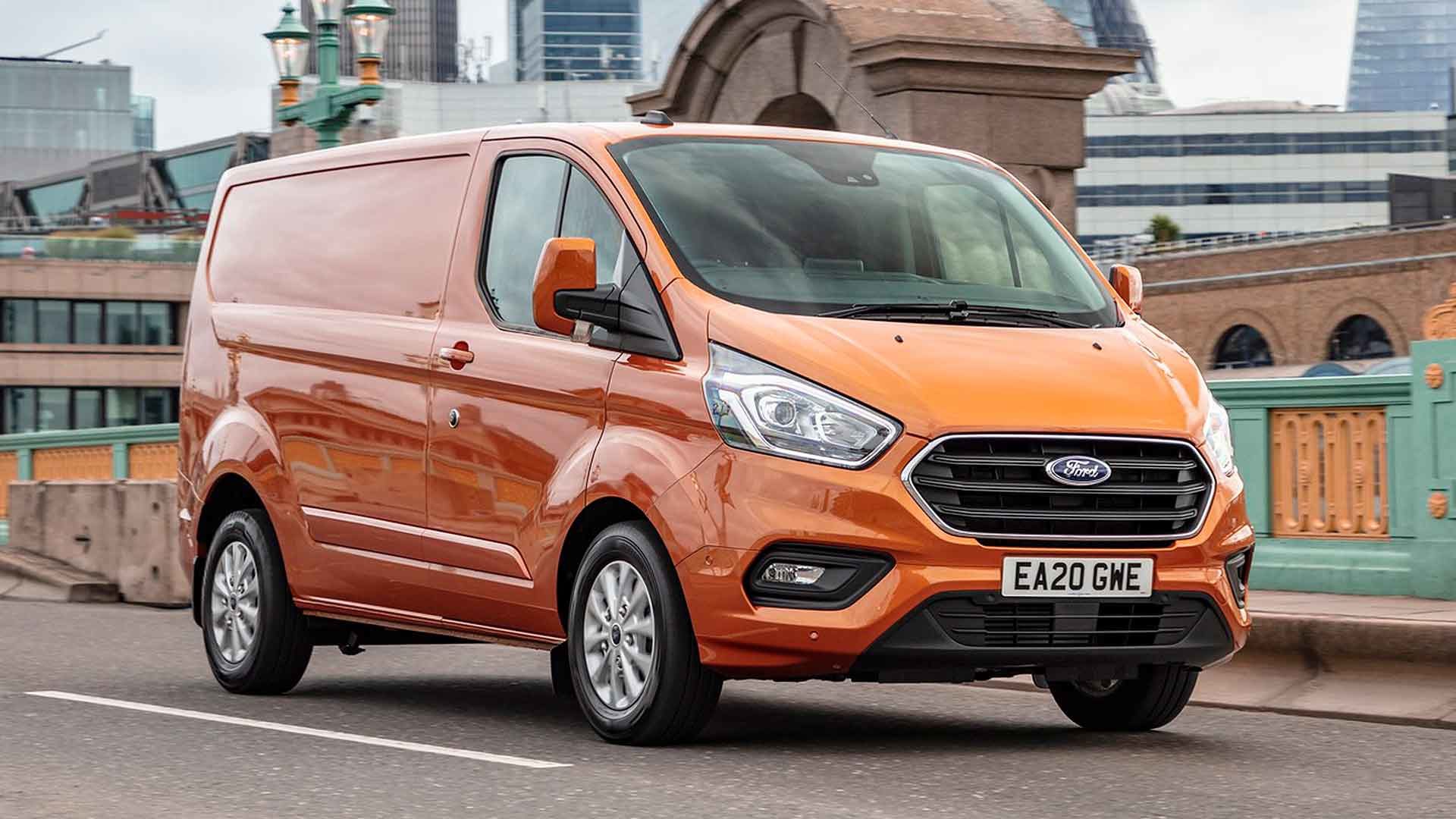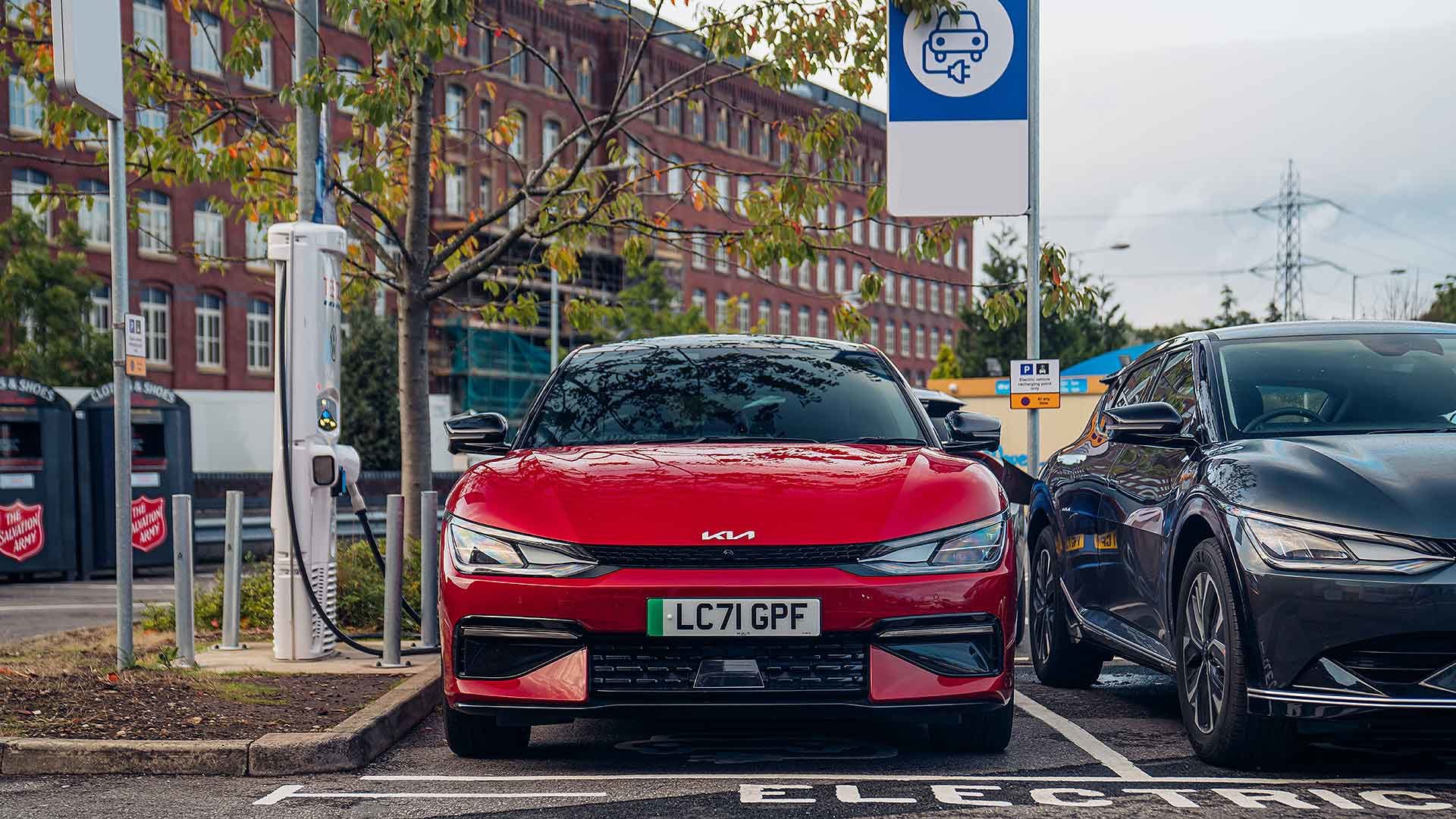
Car ownership in Britain has dipped for the second year running – the first consecutive fall in more than 100 years.
There were just over 35 million cars in use on British roads in 2021, a 0.2 percent decline over 2020.
However, while car ownership is falling, overall vehicles in use on British roads still increased 0.4 percent, to 40.5 million.
A 4.3 percent increase in the number of vans in use, to 4.8 million, is driving this.
Last year, the Ford Transit Custom was actually the best-selling vehicle overall in Britain – beating every other car.
The trend is continuing into 2022, with year-to-date sales of over 17,000 vehicles: the leading car is the Vauxhall Corsa, with almost 4,400 fewer registrations.
Overall, there are almost 5.5 million commercial vehicles in use – including buses, trucks and coaches – which is a record high.
More EVs – and older cars

Electric vehicle use rocketed 71 percent in 2021, to almost 750k cars, vans, buses and trucks.
Figures from the Society of Motor Manufacturers and Traders (SMMT) show there are 720k electric cars, almost 27k electric vans, 993 electric buses – and 313 EV trucks in use.
“Britain’s switch to electric vehicles continues to gather pace with a record 1 in 5 new car registrations now plug-ins,” said SMMT chief executive Mike Hawes.
“However they still only represent 1 in 50 cars on the road.”
There is also a north-south divide, with a third of all plug-in cars registered in London and the South East – representing 3 percent of all cars.
In contrast, just 1.5 percent of cars in the West Midlands are plug-in, and 0.9 percent in the North East.
“There is significant ground to cover if we are to fully decarbonise road transport at pace.”
Brits are also holding onto their vehicles for longer, due to pandemic-related disruptions. The average car is now 8.7 years old, more than a year older than the average in 2011.
Nearly 1 in 4 cars on the road in Britain are aged more than 13 years.
“With fleet renewal essential to net zero,” said Mr Hawes, “we must build consumer confidence in the economy and, for drivers, confidence in the charging infrastructure to get the transition into top gear.”
ALSO READ
Eight-seat Land Rover Defender 130 revealed
Most Brits think they would pass their driving test again today